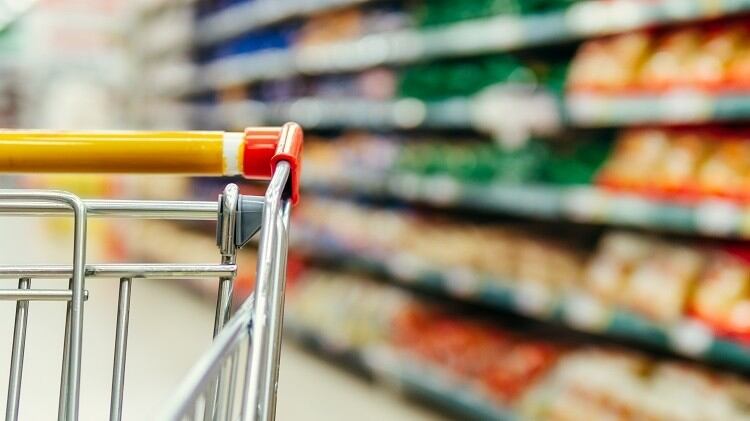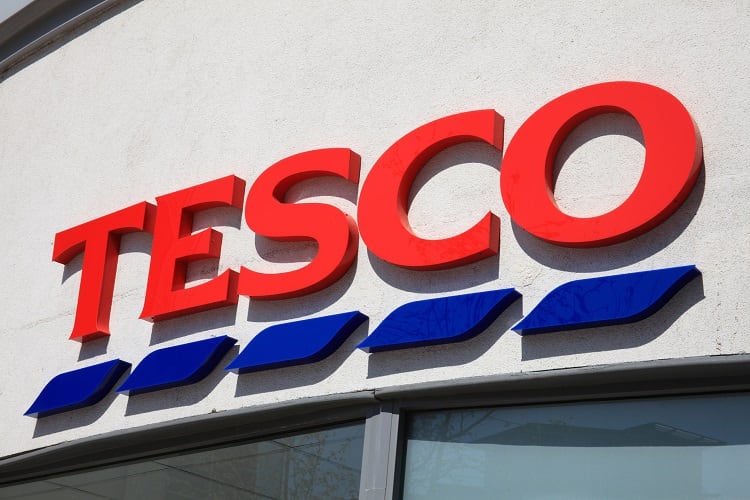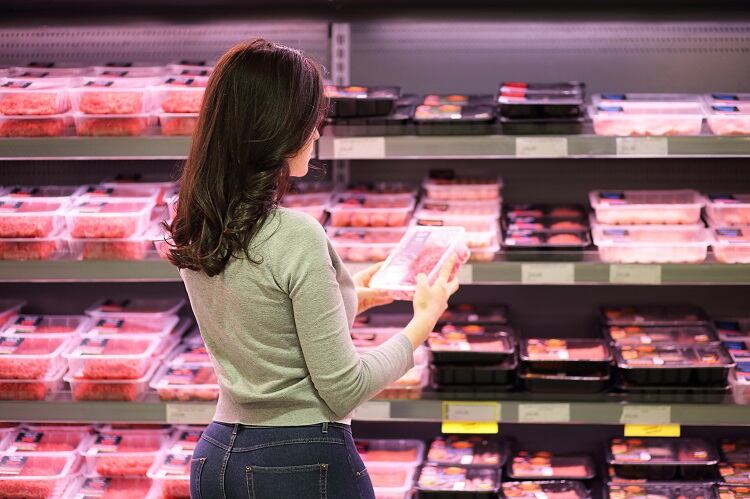A group of institutional investors representing $1.1trn in funds have written to Morrisons Chairman Andrew Higginson to call on the company to boost sales of healthier food and drink poducts.
The investors include NEST, Guy’s & St Thomas’ Foundation and JO Hambro Capital Management and the letter was coordinated by ShareAction. They argue that Morrisons’ current healthy eating strategy does not go far enough.
Morrisons has set a target to increase the number of healthier own-brand products to 65% of all own-brand lines by 2025. But Ignacio Vazquez, Senior Manager at ShareAction, said the retailer should be using sales – not the number of products – as a measure and working across all product lines, not just own label.
“Investors want to better understand how supermarkets are taking responsibility for their enormous influence on public health,” Vazquez argued.
The letter comes ahead of Morrisons’ AGM today (10 June). Shareholders will not be able to table questions this year, so the letter specifically calls on the company to disclose share of total food and drink sales of healthier products; publish a long-term commitment to ‘significantly’ grow that share; and include a progress report on delivery in its annual targets from 2022 onwards.
Morrisons: A laggard on health strategy?
Morrisons represents 10% of the grocery market and is one of the largest listed supermarket operators in the UK, alongside Tesco and Sainsbury’s.
ShareAction highlighted that of the three companies, Morrisons is the only one not to set sales-based health targets. Recently, Tesco bowed to investor pressure to do so after ShareAction filed the UK’s first ever shareholder resolution on health issues at a supermarket.
A report from Access to Nutrition also found Morrisons lagged its rivals on health issues. The report assessed public commitments and actions on issues like nutrient profiling, product formulation, responsible marketing and labelling. Morrisons scored 20% for its performance on health issues, below Sainsbury’s on 35%, Marks & Spencer on 33%, the Co-op and Tesco both on 30% and Lidl on 25%.
A separate report from the Food Foundation found that ‘encouraging healthy diets’ is Morrisons’ weakest area of performance out of 10 key ESG topics for the supermarket sector.
ShareAction argued that this performance represents a risk to the business, as regulatory and consumer trends towards healthier diets are accelerating.
“Questions remain about the Company’s strategy and overall exposure to growing regulatory pressure and consumer trends supporting healthier diets." Vazquez told FoodNavigator: "An October 2020 report from ShareAction noted that 85% of UK shoppers now report actively trying to improve their diet when shopping, so there is a strong case that targeting healthier sales will help the company to meet rising consumer expectations."
“For this reason, we are pleased to be joined by investors today in calling on the company to follow other major listed UK supermarkets in disclosing and committing to grow the proportion of its sales made of healthier food and drink products. We hope that Morrison’s Board will grasp this opportunity to build on its social responsibility credentials while also demonstrating to its shareholders that it is appropriately managing the rising financial risks and opportunities in this area.”
Morrisons ‘committed’ to supporting healthy choices
A spokesperson for Morrisons told FoodNavigator that the supermarket group is ‘committed’ to promoting healthier choices and ‘supportive’ of performance targets and measurements.
"We are committed to helping our customers make healthier choices and we are supportive of measuring performance and setting meaningful targets. We already publish the proportion of our own-brand products which are classed as healthy and have a commitment to increase this,” the spokesperson noted.
The supermarket group, which operates a vertically integrated supply chain and produces many of its own label lines itself, highlighted progress it has made across a number of areas – particularly reformulation.
In 2020 the company removed 8.6bn calories, 832 tonnes of sugar and 44 tonnes of salt from its own brand through reformulation work. These efforts have continued apace this year, with a further 5.8bn calories, 504 tonnes of sugar and 42.7 tonnes of salt taken out of own label lines.
The company also recently launched a health focused own label range, New Nourish, which includes 54 lines. Morrisons plans to grow the brand to around 100 lines in the future.
Speaking at the time of the launch, Tessa Callaghan, Head of Own Brand & Design, said: "Nourish is launching at a time when general health and immunity – not just dieting – is at the top of our customers’ agendas, even more so this year. We really believe that the range makes healthy eating not just attainable, but also tasty and affordable"
The supermarket has also made progress on nutritional labelling with the January launch of its own Healthier Living icon. This system is based on a nutrient profiling funnel model, combining the UK traffic lights, French NutriScore and Australian Health Star models. This is then overlaid with traffic light labels. Currently, Morrisons said 11% of own brand lines pass the model, which is being added to a growing number of products.
By end of 2021, Morrisons will have removed cartoon characters from all children’s products which are HFSS.
Vazquez conceded Morrisons has 'made a lot of progress' on 'some aspects' of its health strategy, including own label reformulation.
However, the ShareAction manager told FoodNavigator: "By contrast, there is little information on whether, and if so how, Morrisons’ marketing and advertising strategy supports healthy eating. This is important because improvements in the number of healthy own-brand products will only lead to positive public health outcomes if sales of these varieties are also increased.
"Morrisons currently has no targets to grow these sales, whereas Tesco (65% by 2025), Sainsbury’s (45% by 2020, post-2020 targets being set imminently), M&S (50% by 2022) and ALDI (70% by 2025) have all set targets to grow the sales of healthier food and drink products.
"Neither ShareAction nor the investors supporting this campaign want to dictate how Morrisons should achieve these objectives – these are operational decisions which we leave at the discretion of management. But certainly we know that the use of clear nutritional product labelling, store layout, pricing and in-store promotions and external marketing all play a role in influencing consumer purchasing decisions and these can be useful tools for supermarkets looking to boost sales of healthy products."




